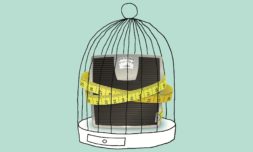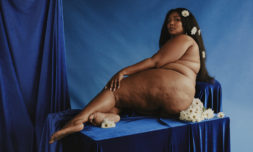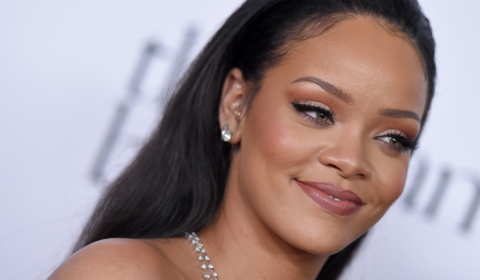Recent online commentary negatively targeting Bebe Rexha’s weight gain proves that discourse around female celebrity’s appearance is still rife on social media. Retiring this inherently toxic form of trolling is long overdue.
You’d think we’d have grown tired of obsessing over women’s bodies by now, especially within industries that significantly influence how we perceive ourselves.
I’m referring, of course, to the contradictory nature of modern celebrity culture. Many brands and influencers encourage us to seek ‘perfection’ while also promoting mental health campaigns, denouncing eating disorders, and stressing the importance of self-worth.
Despite the best efforts of those in the public eye who are truly dedicated to promoting a healthy self-image – Lizzo being a notoriously pioneering force in this particular fight – fat-shaming and skinny-shaming prevails.
Just last week, Bebe Rexha made headlines after she took to social media to address the issue for the second time.
The first was in May, when she opened up about her polycystic ovary syndrome (PCOS), saying ‘you don’t know what someone’s going through. But I feel like, we’re in 2023. We should not be talking about people’s weight.’
I know I got fat. I’m just so sick of people talking about it. NEXT!!!!!!
— Bebe Rexha (@BebeRexha) June 23, 2023
Reigniting the debate on this inherently toxic form of trolling, her more recent decision to call out those commenting on how she ‘quickly jumped 30 pounds’ comes on the back of similar incidents involving Ariana Grande and Jorja Smith.
Grande, who was the target of backhanded remarks earlier this year regarding her weight-loss, has made a point of how damaging it can be to pay such close attention to a celebrity’s physical wellbeing.
‘I know I shouldn’t have to explain that, but I do feel like maybe having an openness and some sort of vulnerability here will [mean] something good might come from it,’ she shared in a candid video.




















